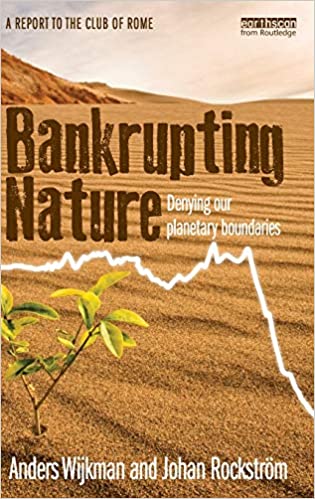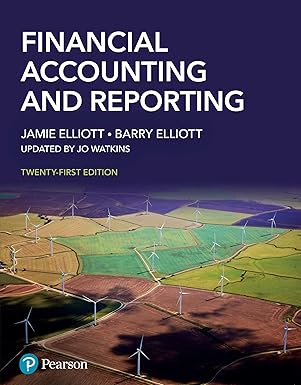This powerful book shows us that we are in deep denial about the magnitude of the global environmental challenges and resource constraints facing the world. Despite growing scientific consensus on major environmental threats as well as resource depletion, societies are largely continuing with business as usual, at best attempting to tinker at the margins of the problems. The authors argue that regardless of whether governments respond to the economic crisis through additional stimulus packages or reduced government spending, environmental and resource constraints will remain. The crisis will be exacerbated by the combination of climate change, ecosystem decline and resource scarcity, in particular crude oil. The concept of Planetary Boundaries is introduced as a powerful explanation of the limits of the biosphere to sustain continued conventional growth.
The book breaks the long silence on population, criticizing donor countries for not doing enough to support the education of girls and reproductive health services. It is shown that an economy built on the continuous expansion of material consumption is not sustainable. De-growth, however, is no solution either. The growth dilemma can only be addressed through a transformation of the economic system. A strong plea is made for abandoning GDP growth as the key objective for development. The focus should instead be on a limited number of welfare indicators. The trickle-down concept is seriously questioned, to be replaced by one of sufficiency. Rich countries are called upon to hold back their material growth to leave room for a rising living standard among the poor. Alternative business models are presented, such as moving from products to services or towards a circular economy based on re-use, reconditioning and recylcing – all with the aim of facilitating sustainable development.
A Report to the Club of Rome
چکیده فارسی
این کتاب قدرتمند به ما نشان میدهد که ما عمیقاً در مورد بزرگی چالشهای زیستمحیطی جهانی و محدودیتهای منابعی که جهان با آن مواجه است، انکار میکنیم. با وجود اجماع علمی فزاینده در مورد تهدیدات عمده زیست محیطی و همچنین کاهش منابع، جوامع عمدتاً به تجارت معمول خود ادامه می دهند و در بهترین حالت تلاش می کنند تا حاشیه مشکلات را به هم بزنند. نویسندگان استدلال میکنند که صرف نظر از اینکه دولتها به بحران اقتصادی از طریق بستههای محرک اضافی واکنش نشان میدهند یا کاهش هزینههای دولت، محدودیتهای محیطی و منابع باقی خواهند ماند. این بحران با ترکیبی از تغییرات آب و هوایی، کاهش اکوسیستم و کمبود منابع، به ویژه نفت خام، تشدید خواهد شد. مفهوم مرزهای سیاره ای به عنوان توضیحی قدرتمند از محدودیت های بیوسفر برای حفظ رشد متعارف مستمر معرفی شده است.
این کتاب سکوت طولانی در مورد جمعیت را می شکند و از کشورهای کمک کننده به دلیل عدم انجام کافی برای حمایت از آموزش دختران و خدمات بهداشت باروری انتقاد می کند. نشان داده شده است که اقتصادی که بر روی گسترش مستمر مصرف مواد بنا شده است، پایدار نیست. با این حال، رشد زدایی نیز راه حلی نیست. معضل رشد تنها از طریق دگرگونی نظام اقتصادی قابل حل است. یک درخواست قوی برای کنار گذاشتن رشد تولید ناخالص داخلی به عنوان هدف اصلی توسعه مطرح شده است. در عوض باید روی تعداد محدودی از شاخص های رفاهی تمرکز شود. مفهوم قطره چکان به طور جدی مورد تردید قرار گرفته است و باید با مفهوم کافی جایگزین شود. از کشورهای ثروتمند خواسته می شود تا از رشد مادی خود جلوگیری کنند تا فضایی برای افزایش سطح زندگی در میان فقرا ایجاد شود. مدلهای کسبوکار جایگزین ارائه شدهاند، مانند حرکت از محصولات به خدمات یا به سمت اقتصاد دایرهای مبتنی بر استفاده مجدد، بازسازی و بازیافت - همه با هدف تسهیل توسعه پایدار.
گزارشی به باشگاه رم
ادامه ...
بستن ...
ISBN-13: 978-0415539692
ISBN-10: 0415539692
ادامه ...
بستن ...










